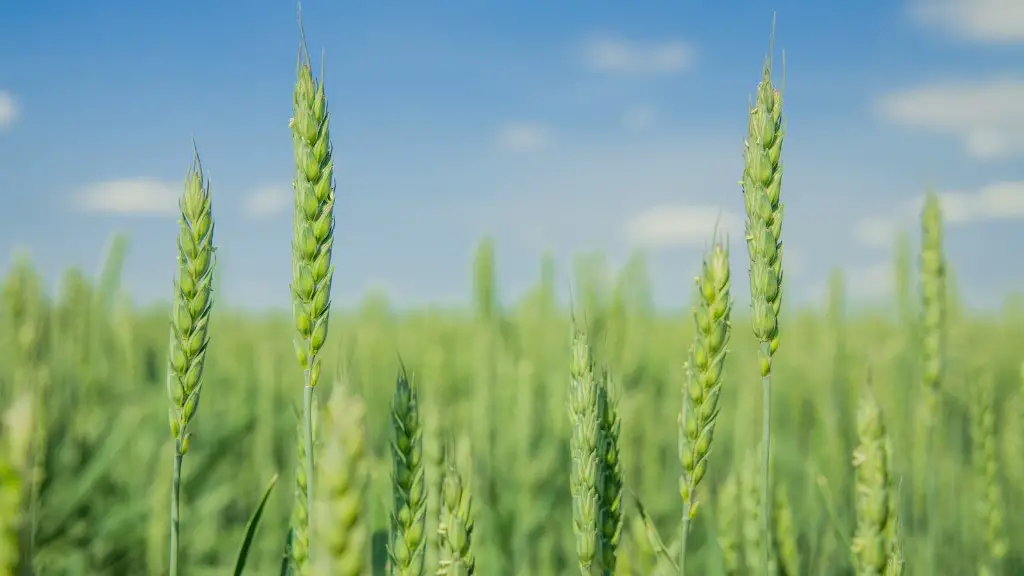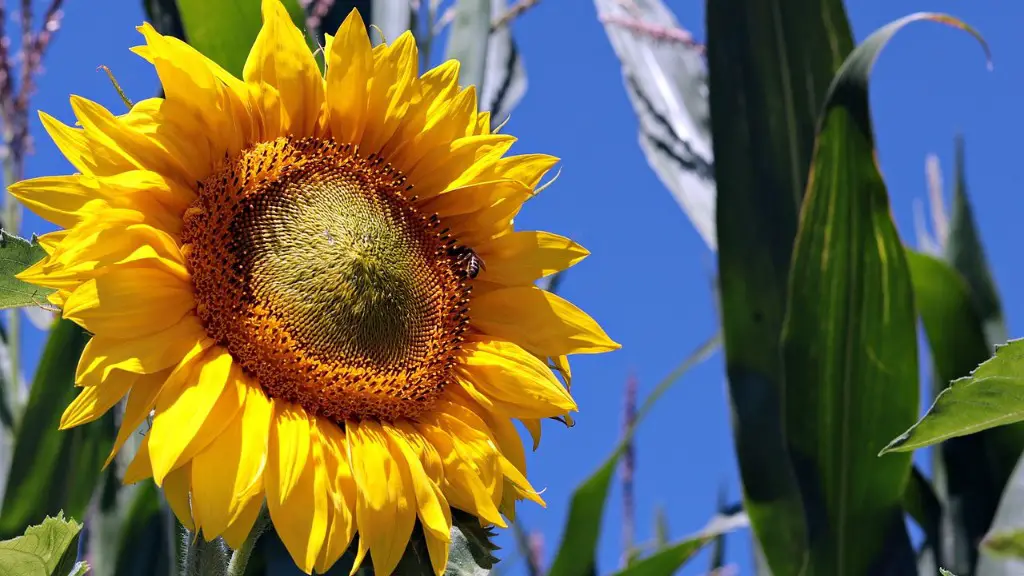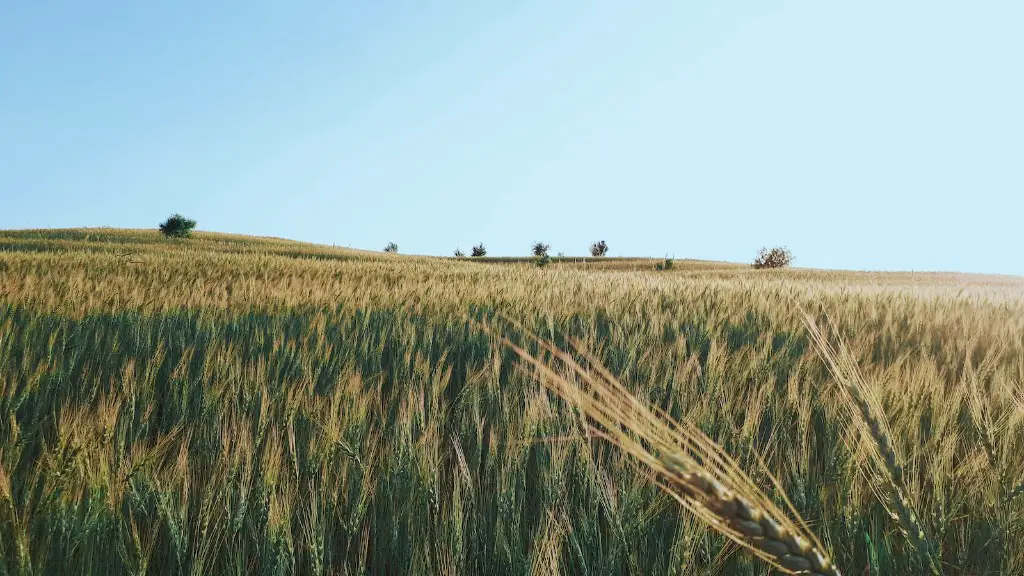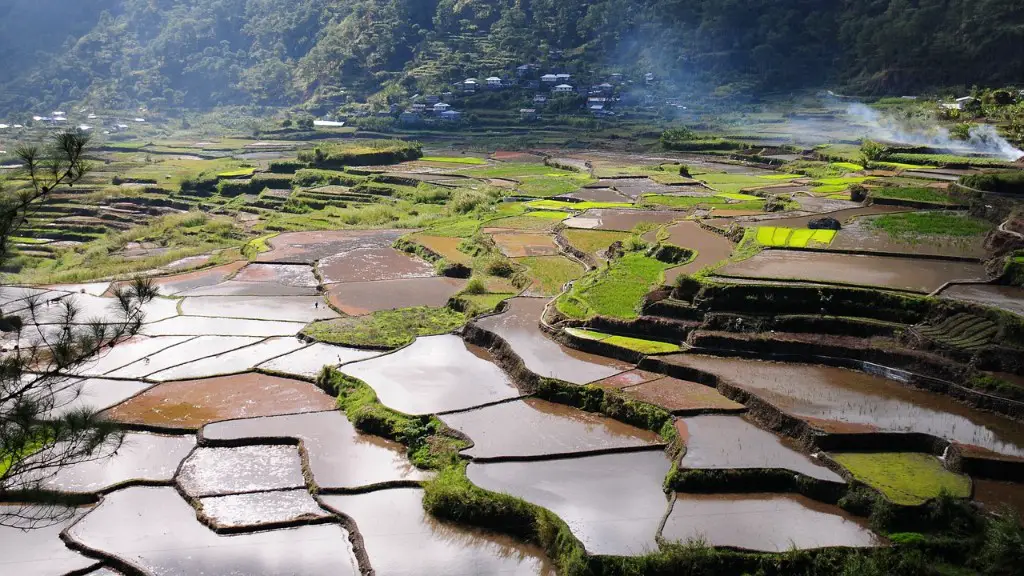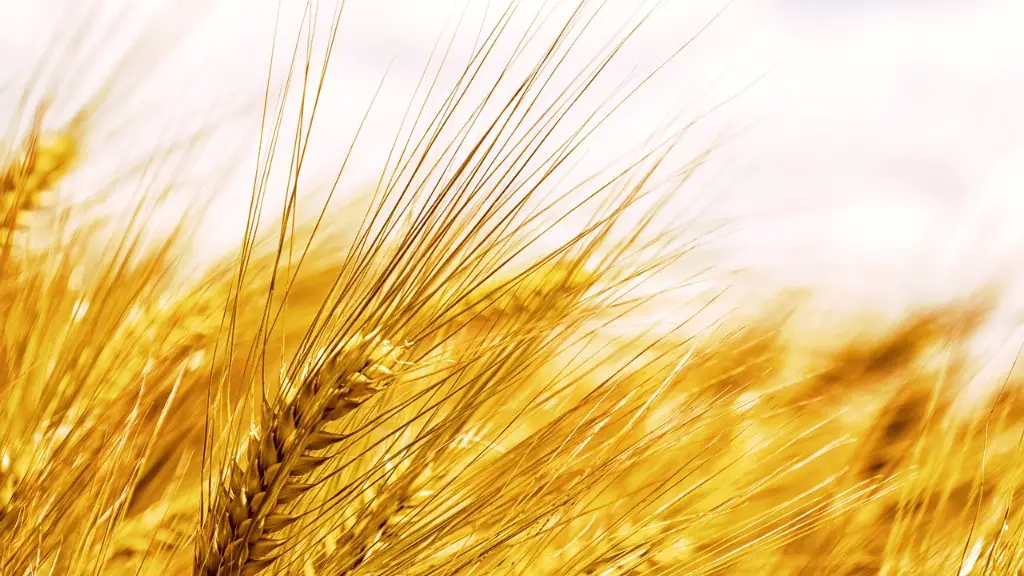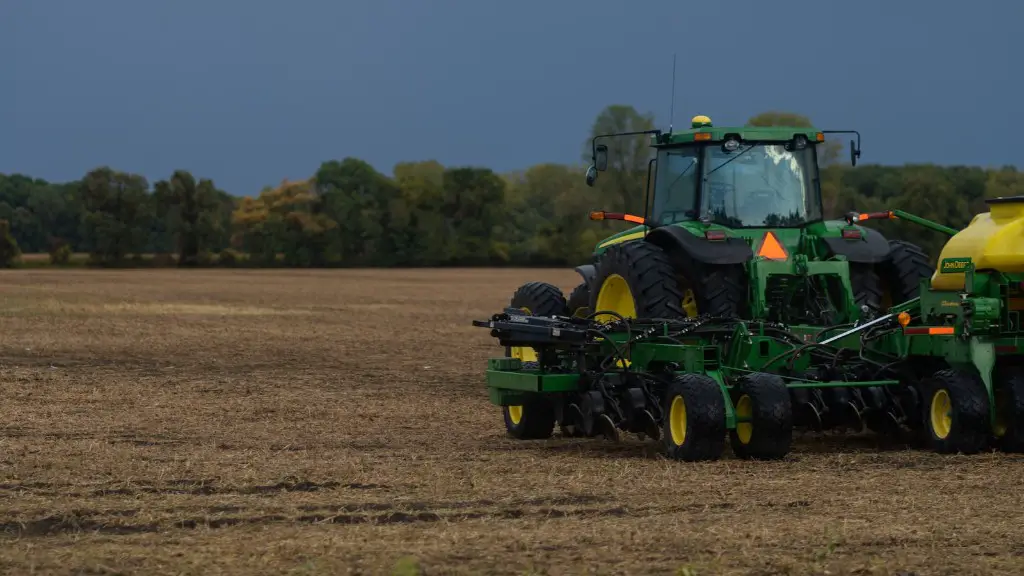Organic agriculture has been gaining popularity in recent years as more people become concerned about the environmental impact of traditional farming methods. But is organic agriculture really better for the environment?
There are a few key ways in which organic agriculture is thought to be more environmentally friendly than traditional farming. First, organic farmers do not use synthetic fertilizers or pesticides, which can leach into the soil and water and cause pollution. Second, organic farms are often smaller and more diversified, which means they have less of an impact on the natural landscape. Finally, organic farmers often use more sustainable practices, such as crop rotation and composting, which can help improve soil health and reduce carbon emissions.
Of course, organic agriculture is not perfect. It can be more labor-intensive and expensive than traditional farming, and it may not always be the most efficient way to produce food. But overall, organic agriculture is a more sustainable way to grow our food, and it is better for the environment.
Organic agriculture is a system of farming that emphasizes the use of renewable resources, the conservation of soil and water, and the use of pest and disease control methods that are less harmful to the environment and human health.
Is organic farming more environmentally friendly?
Organic farms are more sustainable than conventional farms in a number of ways. They tend to have more fertile soil, use less energy, and sequester more carbon. Research has shown that organic farms use 45 percent less energy, release 40 percent less carbon emissions, and foster 30 percent more biodiversity compared to conventional farming. These superior environmental outcomes are due to the fact that organic farmers use more environmentally-friendly practices, such as crop rotation and composting.
Organic farming is a more sustainable and environmentally friendly option than conventional farming. Because organic farming prohibits the use of fossil fuel-based fertilizers and most synthetic pesticides, it has a significantly lower carbon footprint. In addition, organic farming methods help to build and maintain healthy soils, which are essential for long-term food production. Organic farming also supports biodiversity and can help to mitigate climate change.
What are the 5 disadvantages of organic farming
Organic farming has a number of disadvantages. First, organic farmers may not receive the same subsidies as conventional farmers. This can make it more difficult for organic farmers to compete. Second, organic farmers may use pesticides and other chemicals that are not necessarily organic. This means that the food produced by organic farmers may not be truly organic. Third, organic farming requires more infrastructure, such as storage facilities and processing plants. This can make it more expensive to get started in organic farming. Finally, organic farming is more knowledge-intensive than conventional farming. This means that farmers need to be more observant and make more decisions.
Organic growers in the United States face a number of challenges, including lower yields relative to conventional farmers, difficulty maintaining high quality soil nutrients, and gaining proper certifications and market access. Many organic growers find it difficult to compete with conventional farmers who use synthetic fertilizers and pesticides, as these products can increase yields. Additionally, organic growers must be careful to maintain high levels of soil nutrients, as they cannot use synthetic fertilizers. This can be difficult, especially in areas with high rainfall or irrigation. Finally, organic growers must obtain certification from an accredited organization, and they often have difficulty accessing markets for their products.
What is the negative side of organic farming?
Organic systems typically have lower land-use efficiency than conventional systems. This is because organic crop yields are lower than conventional yields on average. In addition, organic crop rotations typically include crops that are not suitable for human consumption.
Organic farming has a number of disadvantages when compared to conventional farming. Organic food is more expensive because farmers do not get as much out of their land as conventional farmers do. Production costs are higher because farmers need more workers. Marketing and distribution is not efficient because organic food is produced in smaller amounts.
Why we should not increase organic agriculture?
Organic farming has a number of benefits, but there is a downside – the extra land that is required to grow organic crops. This means that there is less land available for carbon sequestration, which can have a significant impact on the environment.
The vast majority of organic crops rely on imported nitrogen that is derived from artificial fertilizers used on conventional farms. This happens because most organic crops depend on nitrogen that comes from animal manure, and this manure is ultimately from animals that are fed crops that were grown with artificial fertilizers. This means that the organic crop is not actually getting its nitrogen from a natural source, but from a synthetic one.
Why organic farming is not sustainable
Though organic farms can’t use synthetic fertilizers, they require much more land to yield the same amount of produce. As a result, organic farming practices can lead to deforestation as more acres are cleared to make way for crops.
Organic farming is a type of agriculture that relies on natural processes, rather than using artificial (synthetic) ones. This means that organic farmers use methods like crop rotation and composting to add nutrients to the soil, and natural predators to control pests, rather than relying on artificial fertilizers and pesticides. Radiation is also not allowed in organic farming, as it can be harmful to both the food and the people who consume it.
What organic farmers avoid?
The methods of irradiation, sewage sludge, and genetic engineering are all expressly prohibited from being used when growing or processing organic foods. This is because these methods can potentially introduce harmful chemicals and pollutants into the food supply, which could jeopardize the safety of organic foods.
Organic farming practices involve the use of organic materials to fertilize and pest control the crops. It helps to promote and protect the environment. Organic farming is a step towards the future to decrease the adverse effect of burning crops and global warming.
Which state is No 1 in organic farming
Organic farming is a method of agriculture that relies on traditional methods and eschews the use of synthetic inputs such as fertilizers and pesticides. India is the world’s second largest producer of organic fertilizers, with a production of over 4 million tonnes in 2020-21. The majority of this production is concentrated in the states of Uttar Pradesh, Maharashtra, and Gujarat.
There are a few controversies surrounding organic foods. The first is whether or not they are actually healthier for you, as some claim that the chemicals used in organic farming are just as harmful as those used in conventional farming. The second controversy is over the quality of organic foods, as some argue that they are no better than conventional foods. Finally, there is the issue of price, as organic foods can be quite expensive.
Why are people against organic food?
Organic food is more expensive to buy than non-organic food. This is the number one reason people give for not buying organic.
However, there are many reasons why organic food is worth the extra cost.
Organic food is grown without the use of synthetic pesticides and fertilizers. This is better for the environment and for your health.
Organic food is also generally more nutritious than non-organic food. This is because organic food is grown in healthier soil and is not subject to the same genetic modification as non-organic food.
If you’re looking to improve your health and help the environment, organic food is the way to go.
Organic food is usually more expensive than non-organic food. This is because organic farmers do not use synthetic fertilizers, which means that they have to rely on natural methods to fertilize their crops. This can be more costly and time-consuming. In addition, organic food spoils more quickly than non-organic food, so you have to be careful to consume it before it goes bad. Finally, organic food is more likely to be contaminated by E. coli bacteria, which can cause serious illness.
Conclusion
There is no definitive answer to this question as the benefits and drawbacks of organic agriculture vary depending on the specific farming practices and environmental conditions involved. Some studies suggest that organic agriculture can be more sustainable than conventional farming in terms of soil health and water conservation, while other research has shown that organic methods can use more land and resources than traditional farming. Ultimately, the sustainability of organic agriculture depends on the specific practices used and how they are implemented in the context of the local environment.
Although organic agriculture has many benefits for the environment, it is not necessarily better for the environment than conventional agriculture. The most important factor in determining whether organic or conventional agriculture is better for the environment is the specific practices used.
